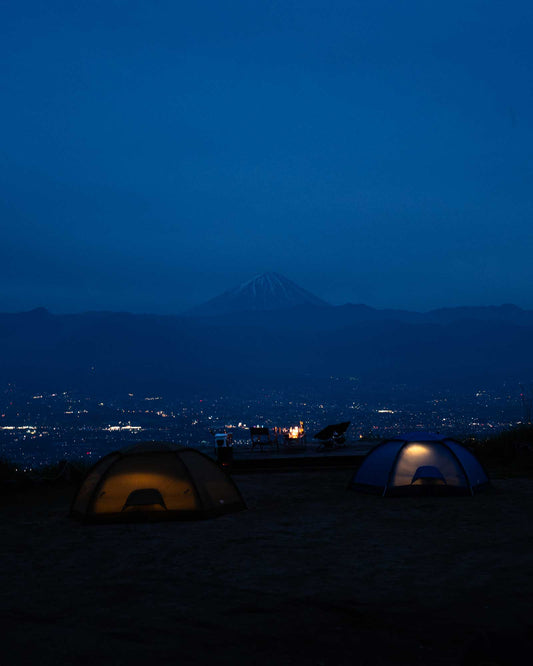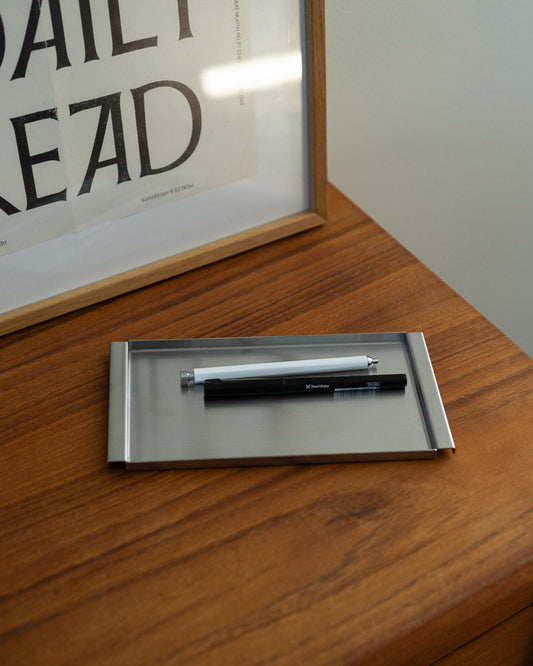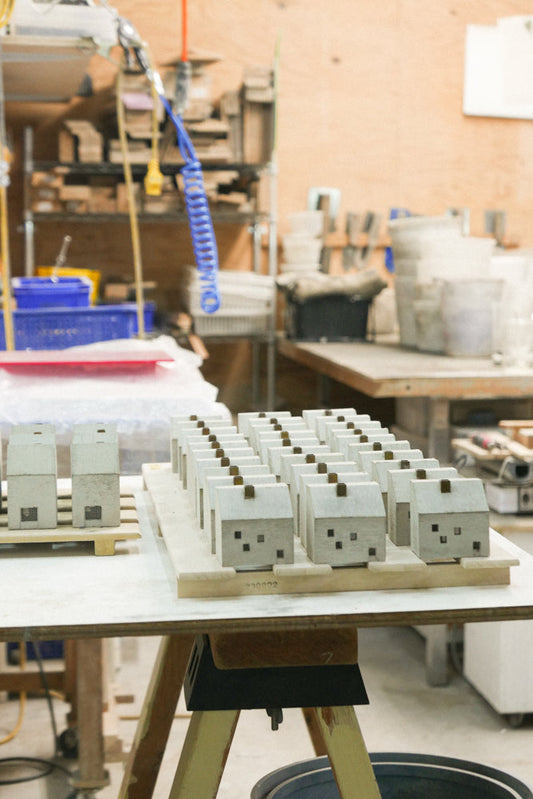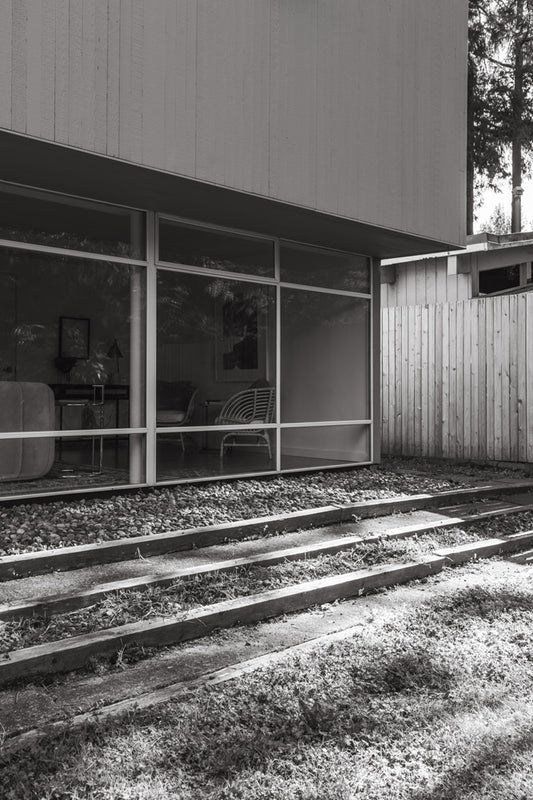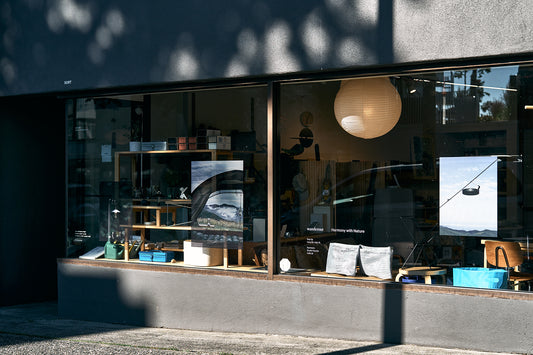Born and raised in Korea, Min Park is currently completing her final year of Art History studies in Philadelphia after completing a summer internship with Cereal Magazine & Francis Gallery in Bath, UK. She’s also the Editor-in-Chief of Project Archive, a book born of the pandemic when her study abroad program in London was cancelled due to COVID-19. While many of us coaxed sourdough to new heights and tended to our physical and mental gardens, Min was back in Korea collaborating with 21 designers, writers, and artists of all kinds to bring her idea to life: a book that explores our understanding of history and serves as both a physical archive and a collective practice of archiving.
When we decided to bring Project Archive to SORT, it became increasingly clear that we couldn’t pass up the opportunity to chat with Min about the book’s concept, process, and origin story. Thanks to Min for this wonderful conversation! Please enjoy a snippet of it below.


SORT: Project Archive explores heavily the theme of roots: where we’re planted, the uprooting of 2020, and the act of re-rooting. How did this theme come about?
MIN: A lot of that theme came from my yoga class and a really great yoga teacher, Lizaan Joubert. She had this thing called “Dragon Dance”, and a lot of it is about rooting yourself in things that serve you and letting go of things that don’t.
I’ve also always thought a lot about home. I think how we define home has changed a lot over the past few decades. Personally, home is no longer bounded by a country or a city, but a feeling made up of memories of people. In search of this feeling, I’ve tried to figure out where I fit in for a really long time. The themes of roots and home were something that I thought about a lot.
If I had to pinpoint a moment, that yoga class helped me gain directions as to how I want to navigate my year off. There’s a quote by Virginia Woolf that [Lizaan] shared with me, “I am rooted but I flow.” It stuck with me—how one person can be so rooted, but also to be flowing, adjusting and being flexible to situations. I thought about that a lot over the past year [of being back home]. Obviously, I felt more stable, being reconnected with, while newly discovering what home means to me. Being back home made me appreciate a lot of things, instead of dismissing them as old and outdated. But I started to see a lot of these things with new appreciation and a new perspective.
SORT: The themes pertain so topically to 2020. Everyone was uprooted. And then also you were physically moving. You had uprooted yourself, even pre-pandemic, but then this concept of “re-rooting” yourself in Korea is so fascinating.
At what point did the shifting concepts of roots and “archive” turn into Project Archive the book?
MIN: Project Archive started off as a tiny personal project. I had always wanted to interview my grandma, who is a great source of [artistic] inspiration for me. She’s also a huge hoarder, and every item she’s collected is filled with stories. I guess that was the beginning of Project Archive, [it was] supposed to be images of my grandma’s little collection of things and notes on where and how she got them, so that when I have my kids, I could say, “This is what your great grandma gave me.” That ended up not happening—I did interview her, but I felt that the story belonged somewhere else, not on Project Archive.
With my yoga class too, we talked about how to only keep things that are really important to you, that serve you, and [alternatively] how to let go of things. I think much of 2020 was about re-rooting—slowly releasing ourselves of the ideas and systems that do not serve us and redefining the ways in which we connect and live as a society. I had a really good time in London and I wanted to keep the relationships with the people I’d met so far going. I started talking to individuals who shared this concept of archive and memory, and quickly realized that maybe this could be more than just my little booklets. It became a lot bigger than what I first imagined it to be. A lot of the process was defined by the artists and time, kind of like how photos develop. Part of the process was determined by us but time also served us much inspiration. Things connected naturally, instead of me trying to streamline everything to get it into one story.
SORT: During this whole process, are there any memories, challenges, or surprise findings that you came across while figuring it all out?
MIN: I definitely don’t think this was a one person job. I’ve gotten help from so many different people and I think that’s what made the product so special for me. It allowed me to keep in touch with people, but I also realized how many people were so supportive of my project, whether that was by helping me organize the launch or the photoshoot or giving me their time to discuss how the project is developing.
Everything else was just research. Whenever I was writing, I read a lot. Whenever I was discussing the design with Claire, our publication designer, we often went to bookstores and stayed there for hours. I’ve also lent out my copies of Cereal Magazine and other books to our designer to study them carefully. For other technical tasks, I relied heavily on research. Questions like “how do I mail it to this country?” or “how do I make this work on our website?” were often resolved with research and multiple trials. But when I’m stuck with the writing, or when I’m stuck with someone’s project that I want to help out
SORT: What kind of books do you remember reading or referencing?
MIN: One of my favorite artists is Agnes Martin and I loved reading her biography, Agnes Martin: Pioneer, Painter, Icon by Henry Martin. I think “honest” is the right word to describe her biography. The book isn't about a singular "genius artist," but instead about an artist's life—her relationships, feelings, and struggles, all depicted with an equal amount of care. The part that I underlined was about how her work was never her own. She acknowledged that her surroundings, from conversations with other artists, love affairs, to readings about zen teachings, informed her work. That her work wasn’t created from a vacuum through her genius but through interaction.
That's something that I really tried to implement in Project Archive, because I wanted all the works to influence each other. [How] it doesn't have to be one artist coming up with this phenomenal idea, but together acknowledging how they are influenced by each other. I also read and reread Writings by Agnes Martin and Kaja Silverman's The Miracle of Analogy throughout the project.
SORT: In a way, this process is now the past and a form of archive on its own. How do you see this process that is actively happening (or just closing up) affecting your relationships in the future with your contributors and the people that you collaborated with?
MIN: I often thought of Project Archive as a potluck, everyone bringing a different dish or “taste” to one table and sharing a meal. Something that has become a huge part of my life over the past year is food, the experience of sharing, and [the] gathering it allows. My family created many great memories around food, from planning a meal, deciding on a menu, grocery shopping, and cooking to various conversations we shared over food. As someone who likes to plan ahead and set goals and expectations, this project was a good practice and a learning experience, and in return, the past year working on it was filled with pleasant surprises. The project really took a life of its own and every piece brought in by contributors was arranged and put together by our designer, Claire Shin. I really like the potluck analogy because potluck also leaves people with memories, new relationships, and perhaps even a new recipe, and I hope that the book provides people with this kind of an experience—of gathering and the continuation of this gathering in all kinds of ways.
SORT: That’s a really beautiful analogy. The last question we wanted to ask is, what are you doing this weekend?
MIN: I am enjoying my time and seeing a friend. We're going to the farmers market and having lunch together. Besides that, I'm staying home. My vacuum cleaner arrived! It's just a cheap vacuum cleaner. But now I have it so I can really deep clean my room, and I'm really excited for that.
—
During our discussion, we discovered that there are no plans for a second book. So for now, make sure to check out the one and only version of Project Archive online and in-store.
Find more of Min's work on her website and Instagram.
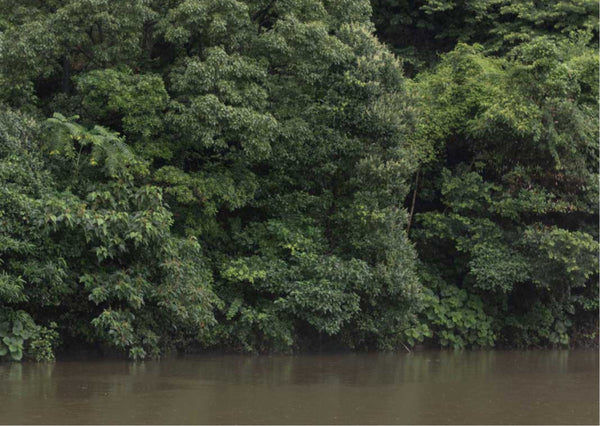
(Credit)
Photography: Alvin Kwan
Text: Christina Luo
